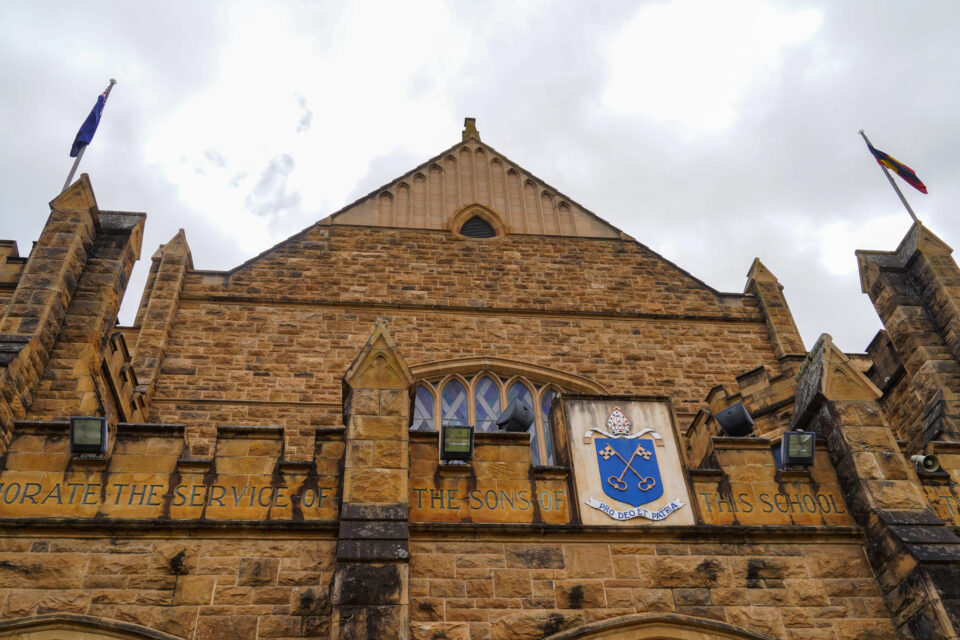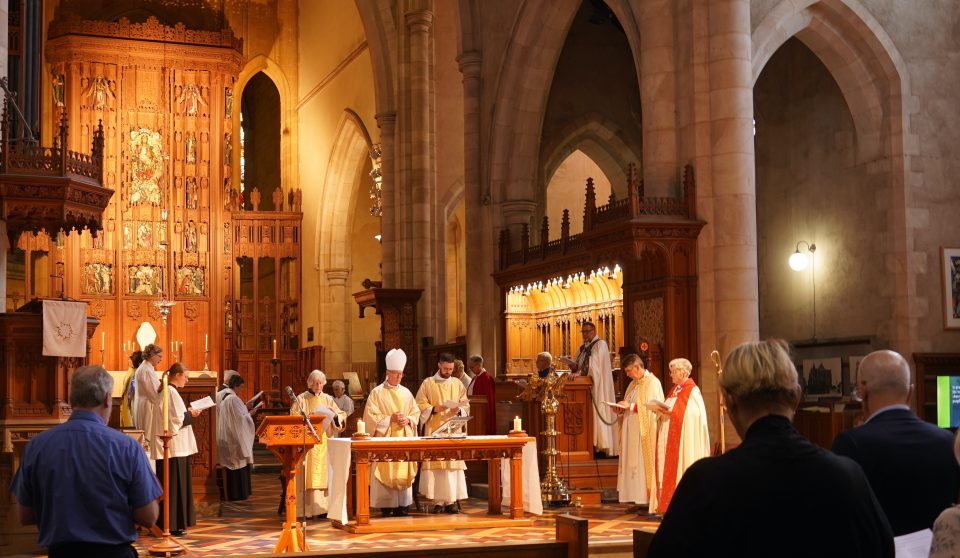By Peter Chapman
How does an Anglican minister become a Chaplain to a bikers group? How does an Anglican minister do Chaplaincy in a bikers group?
The real answer is, it just doesn’t happen.
When we live in our communities it is inevitable that we are going to relate to people outside our church environment.
This could be our hairdresser or mechanic or even store holders we visit regularly. Then again, it could be the people who work with us, we just don’t know who it is that may be seeking a deeper meaning in life, or wondering just how God fits in life, and if so at what level can they engage with God.
My hairdresser and I would chat about many things while she cut my hair. Although she had tattoos all over her body, she was open and genuine.
She told me about her partner Clay, who had attempted suicide, and was looking at starting a bikers club about awareness in men’s suicide and mental health.
Eventually she put up a website, and I responded by asking her to keep me informed. She invited me to meet Clay and after a few catchups I saw that what he was doing was genuine.
I joined his club and offered support wherever he thought I may fit in. He then told the committee, before asking me, that the club now had a chaplain.
This was accepted by some but treated as suspicious by others. Through being their back up driver and helping build their club room they began to see me in a different light. That was not easy, because I was tested by some to see how I would react.
Eventually, they began to see that I accepted them as they are without judgment despite the crass jokes and the overt language. It was then that the club gave me my nickname. In the club, giving someone a nickname is a show that you are truly accepted.
So they called me Chappy – short for Chaplain – because they understood that as their spiritual support that my ministry to them was genuine.
In the club, we have one brother that is palliative, others who have shared their desire in seeking God in their lives, others who have survived suicide, and others very wounded by life’s circumstances.
This work in Chaplaincy is way out there on the edge, but as an ambassador of Christ I carry within me the message of hope and with hope there is healing.
I have learnt that we do not have to prove God in our lives because He is in our lives. Instead, we simply need to trust that God Himself speaks through our lives and that others see this.
We are simply confirming that God is calling all souls to engage with Him. It is through this that people open up and share, sometimes the most intimate things in their lives.
As I have walked this journey, I have come to realise that miracles do happen. Even people, who seem to have the hardest of souls, open up and share the deepest of feelings – often with the hope that God can meet their needs.
It is not about bringing people to church, but it is about bringing people to the Father of Fathers with the healing grace of Christ.
It is about walking with them in this journey as God gently envelopes their souls and leads them where he wants them to be.







